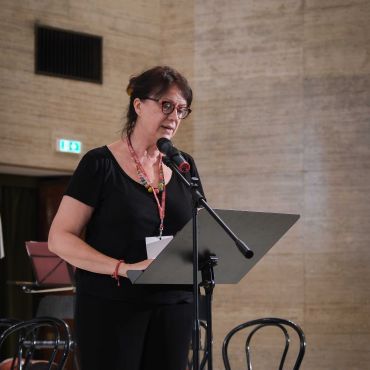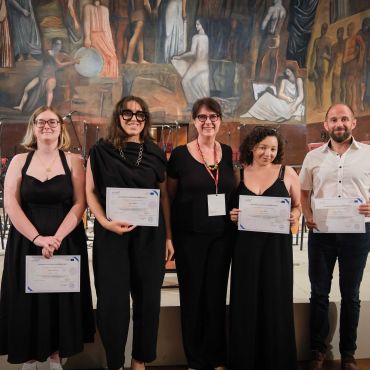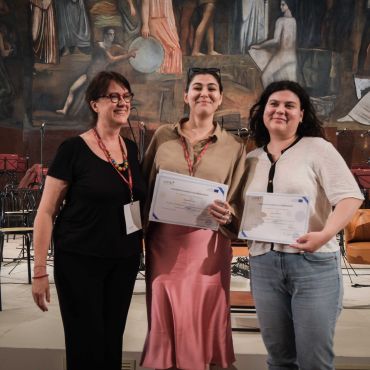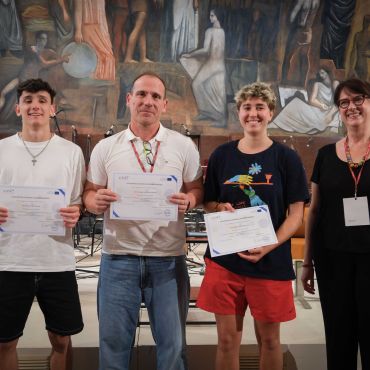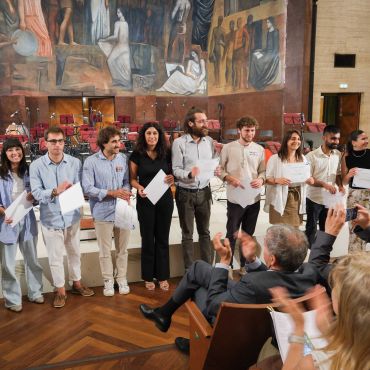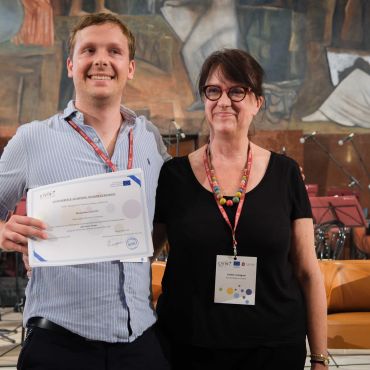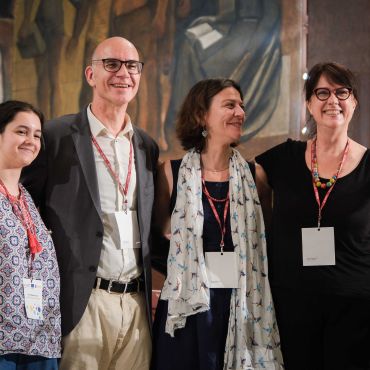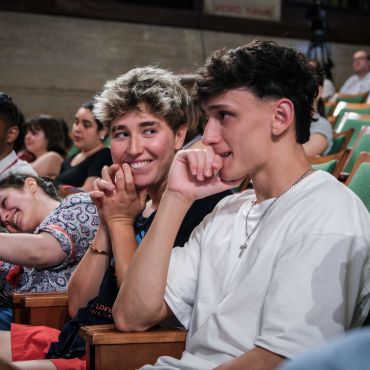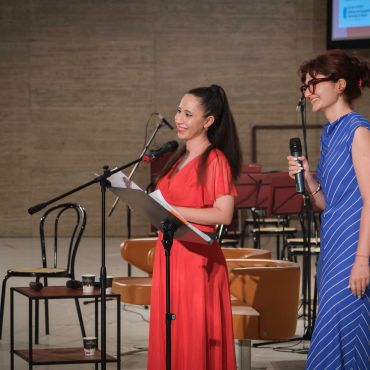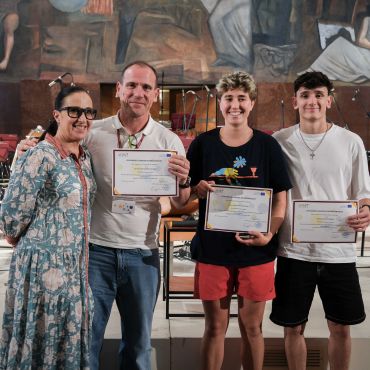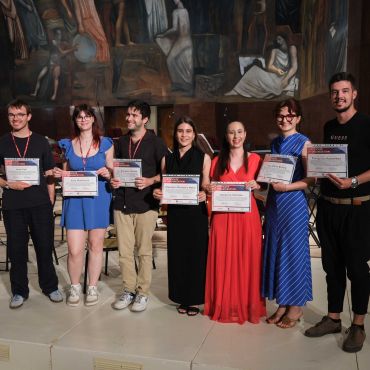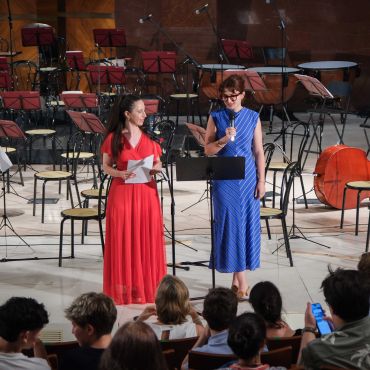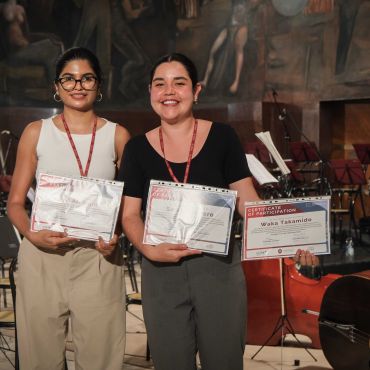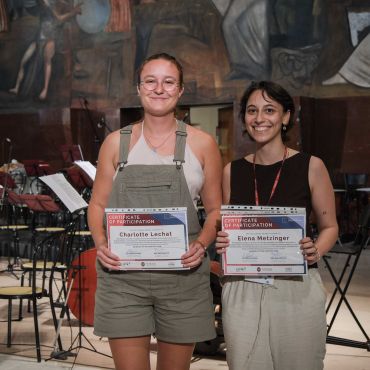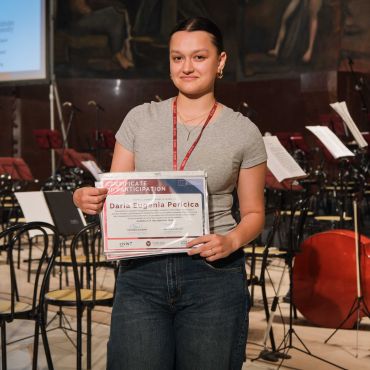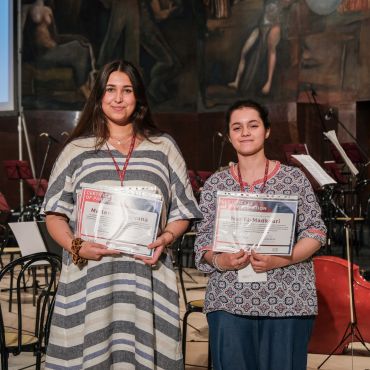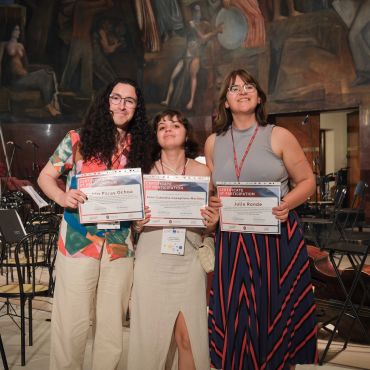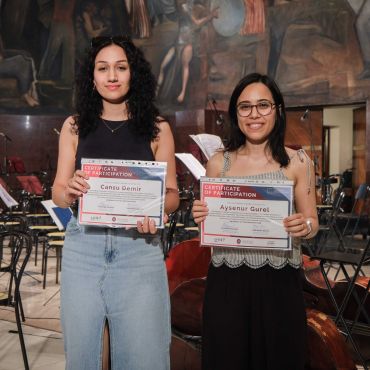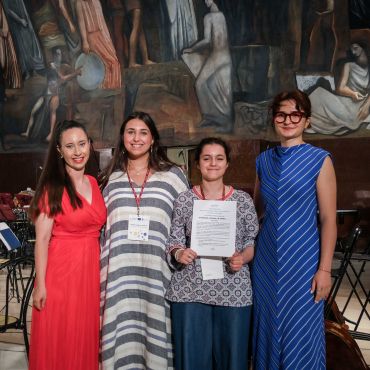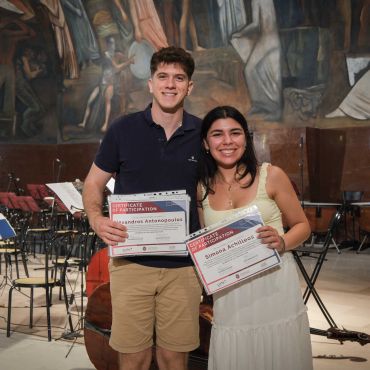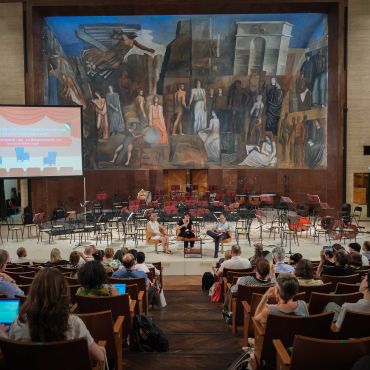Service learning as a catalyst for civic engagement and innovation: Insights from CIVIS Days 2025
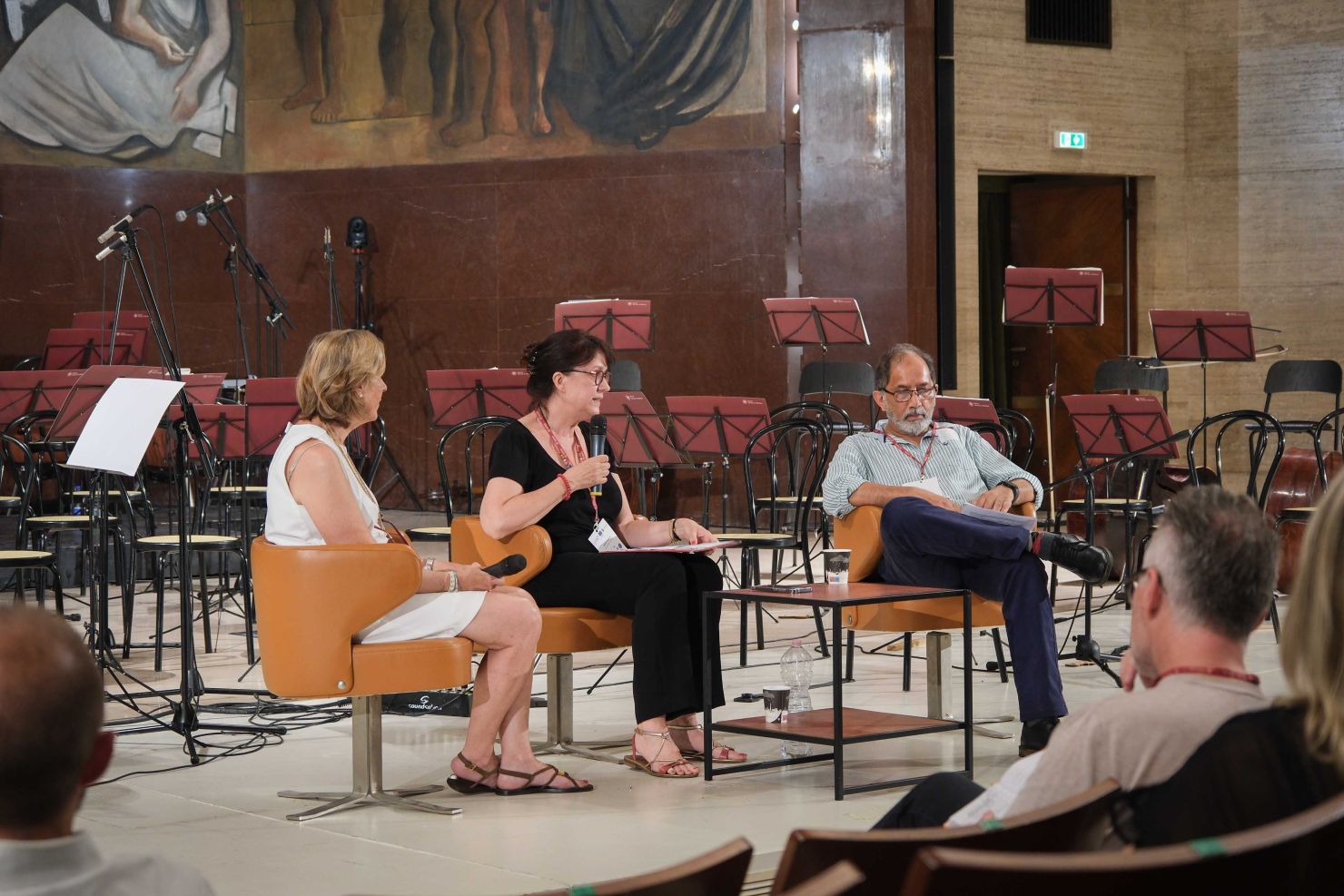
During the closing plenary, Professor Aramburuzabal highlighted Spain’s structured approach to Service Learning, where national frameworks and policy support have enabled universities to integrate SL into curricula at scale. She emphasised the importance of institutional commitment, faculty development, and community partnerships as essential pillars for sustainable implementation. Her message was clear: Service Learning must be embedded not as an add-on, but as a core pedagogical strategy that enhances both academic learning and civic responsibility.
Service learning is learning by doing, so reciprocity, social justice, critical reflections are key", explained Professor Aramburuzabal. "Students learn and serve, but this is integrated in the curriculum. It is a form of civic engagement that is embedded in the curriculum".
From a South African perspective, Mohammed Moola offered a powerful reflection on the transformative potential of SL in contexts marked by inequality and social complexity. He underscored the need for universities to act as agents of social change, and for SL to be grounded in reciprocity, ethical engagement, and co-creation with communities. Moola also stressed the value of student agency, noting that SL empowers learners to become active participants in addressing real-world challenges.
Service learning is not a separate silo", said Professor Moola. "It is part of research and part of teaching, following that model. Service Learning must be cause-based, credit bearing. Through it, students participate in an organised service activity that meets identified community goals, and then they come back to the classroom, reflect and get further understanding of the course content, a broader appreciation of their discipline and enhance their civic responsibility".
More than a method, a philosophy
Both speakers converged on a shared vision: Service Learning is not just a teaching method—it is a vehicle for institutional transformation, capable of aligning universities with the values of equity, inclusion, and democratic participation. Their insights resonated strongly with the CIVIS Alliance’s mission to build a civic, transnational university that serves society through education, research, and engagement.
Award ceremony
The session concluded with the CIVIS Service Learning Awards, celebrating outstanding student projects in service learning and the CIVIS Creathon. These initiatives showcased the creativity, collaboration, and civic impact that SL can generate when supported by a strong alliance-wide framework.
Photos: CIVIS Commmunication Unit

